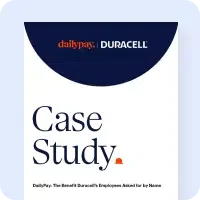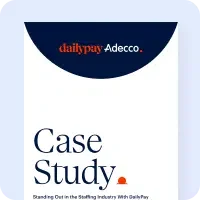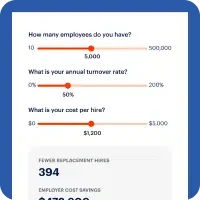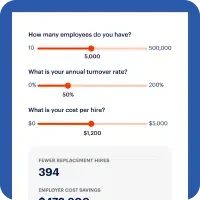Keeping your important financial records is an integral part of maintaining good financial well-being. But what is the best way to organize your financial information? How long do you need to keep it? We’re here to help you answer these questions.
Why you should keep good financial records
Your financial records are needed for multiple reasons. However, the primary reason you why want to keep good financial records is in case you need to defend your annual tax return. You also want to keep financial records to help you budget and to avoid credit card or identity theft, and for when you need to make major purchases like a house or car.
The financial records you should keep and for how long
There are some financial records that you should keep forever. Those include records such as tax returns, legal filings and inheritances. Records such as information that verify your tax returns (bank and brokerage statements, tuition payments and receipts from charitable donations) you will want to keep from 3 to 7 years. You should keep regular monthly bank statements and pay stubs for 1 year. You should keep things such as utility bills, deposits and withdrawal records for 1 month.
When you are ready to get rid of financial records, make sure you shred them so that no one has access to your personal information.
How to best organize your financial records and keep them safe
When organizing your records, file them by type of record and by date. This makes it easy to find whatever documents you are looking for when you need them.
Complex passwords
Since most financial statements are online now, be sure that you have complex and unique passwords for every account, and make sure that you are storing them in a safe place.
Fireproof safe or cabinet
All of your important financial records, and other important records for that matter, should be stored in a fireproof and waterproof safe or cabinet. This will prevent them from being damaged or destroyed in an emergency or accident.
If your company offers DailyPay, you’ll need to have your banking information online to exercise the benefit. These online records will help you keep financial statements organized and easy to look through.













